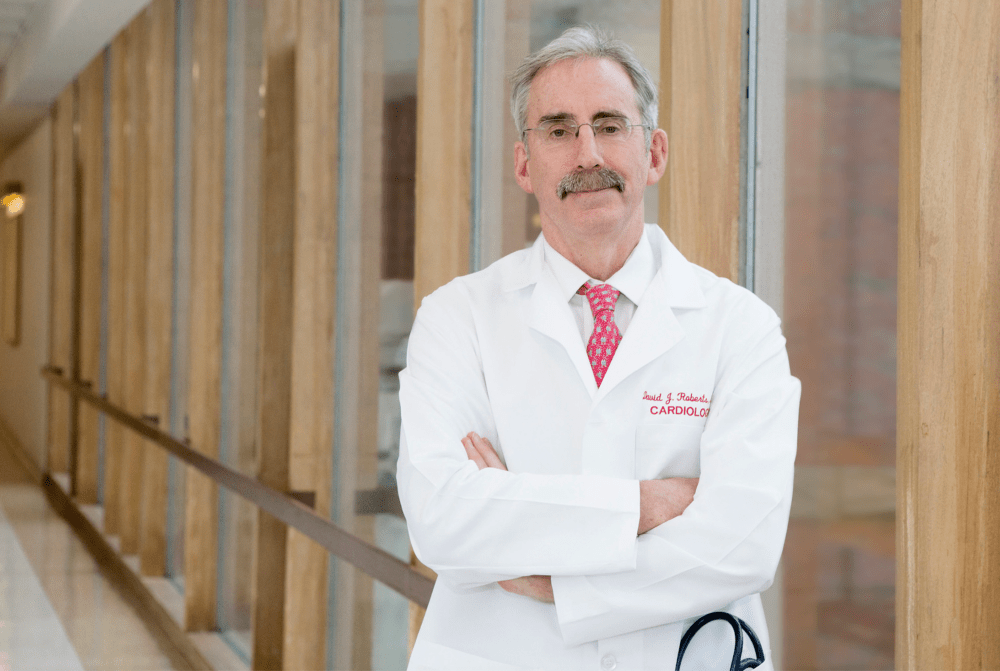Advertisement
Coronavirus Coverage
At North Shore Medical Center, The Daunting Math Of Facing The COVID-19 Surge

North Shore Medical Center is preparing to have more than 10 times its usual number of patients on ventilators.
Hospital president Dr. David Roberts says in normal times, about eight patients are on ventilators. Right now, "We’re making plans — worst case scenario is upward of 80 or maybe 90 patients on vents."
It’s not clear why, but North Shore Medical Center got hit early and hard with COVID-19. The hospital in Salem has nearly 400 beds, and at latest count it has 82 COVID-19 patients plus 43 awaiting test results. And it’s bracing itself for more.
Currently, the hospital has nearly 30 patients on ventilators.
"The idea that we have to double the number of our patients who are on ventilators in the next 10 days is a daunting task," Roberts says. But it’s just one of many as the hospital shifts space and staff and equipment to take care of more very sick COVID-19 patients.
"In addition to our normal intensive care unit," Roberts says, "we have two other floors that are now taking care of vented patients. So we have three floors, and we're probably opening a fourth one this week."
And that's only the beginning. Roberts says more patients on ventilators could be accommodated, for example by converting a "post-anesthesia care unit," or PACU, normally used for post-surgery patients.
The added critical care units also need doctors and nurses and respiratory therapists, and protective gear for all of them. It helps that elective procedures are all postponed, so some staff is freed up to be moved to intensive care . And some primary care doctors are coming in to help care for the non-coronavirus patients.
Advertisement
The hospital has 75 ventilators at this point, Roberts says, and it’s part of the Mass General Brigham hospital system, so it can ask for more if need be — and if there are any to spare.
If anything worries him most, he says it’s the hospitals’ staff.
"What's keeping me up at night is keeping my folks healthy, protected, have everything they need," he says. "Every day, people get up, get dressed, come to work and into the breach. Every single day."
Other major concerns include protective gear for those staffers.
"We have, what, six days worth of gowns in stock? That seems OK. When it gets down to three, that’s less OK. So it's always 'How are we doing today in terms of our supplies?'"
Also of concern: National medication shortages that include drugs for patients on ventilators. Doctors are exploring alternatives, including older drugs, he says. The Drug Enforcement Administration is allowing more of those needed drugs to be imported, it announced Tuesday.
Hospitals across the state are unrolling similar preparations, repurposing space and equipment to be able to treat COVID-19 patients.
Dr. Paul Biddinger, chief of emergency preparedness at Massachusetts General Hospital, says its intensive care units "are absolutely full with patients with COVID. We have about 90 patients in our ICU right now, with about 90% on ventilators."
He says the hospital has enough ventilators for these patients and many more: "As part of our preparations for this pandemic, we’ve actually made plans to use anesthesia machines out of the operating rooms, transport ventilators, even other modified BiPAP machines, so we can get almost to 300 ventilators at Mass. General if we have to."
At North Shore Medical Center, David Roberts says the big picture is that the hospital is managing.
"We’re a community hospital, but we’re a big community hospital," he says. "We have a lot of resources here. We've been planning for this for a long time. Most hospitals have surge plans in place for the last 50 years. So this isn't Groundhog Day where you just have to figure it out every day."
And the hospital can handle more COVID-19 patients.
"I don’t know what metaphor you use, but we're riding the wave that’s hit us right now OK," he says. "I don't know how big the next wave is going to be. We're in pretty good shape for a moderately large wave. If it's a tsunami, we'll scramble. Everybody — the whole state — will scramble."
But he’s hoping that people take the recommended precautions to prevent the coronavirus from spreading — take them enough to make the wave in Massachusetts smaller than the one in New York.
This segment aired on April 8, 2020.
